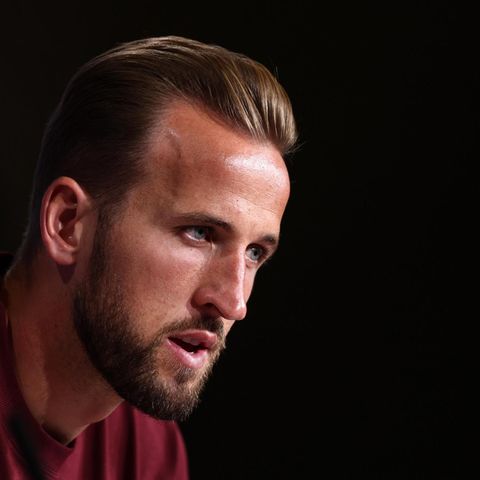At the two-day summit in Rome, the most important industrialized and emerging countries want to commit to increased efforts to limit global warming to 1.5 degrees Celsius. This emerges from a draft of the summit declaration.
In particular, the statements on the climate in the summit declaration are eagerly awaited because the meeting takes place directly before the world climate conference in Glasgow. Further national voluntary commitments are expected there in order to achieve the goal of limiting global warming to 1.5 degrees by drastically reducing greenhouse gas emissions. “We remain committed to the goal of the Paris Agreement (2015) to keep the rise in the global average temperature well below two degrees and to continue efforts to limit it to 1.5 degrees above the pre-industrial level,” says the draft for the summit -Completion declaration.
In addition, subsidies for fossil fuels are to be “gradually reduced and rationalized” by 2025. The G20 had already generally agreed to a medium-term expiry of the subsidies in 2009, but was not able to agree on a target date last summer. Despite all their commitment to climate protection, the G20 states invest billions of public money in environmentally harmful coal, gas and oil projects.
However, it appears unclear in the current summit draft what exactly it should be and which state aid might continue to be allowed. The draft text speaks of “ineffective fossil fuel subsidies that encourage wasteful consumption”. In a reaction, Jörn Kalinski from the development organization Oxfam said that this definition has “major weaknesses” because it leaves “loopholes” open.
In the G20 framework, the climate debates are particularly difficult because the group includes countries as diverse as the oil producer Saudi Arabia as well as China and the USA as countries with the world’s largest CO2 emissions and the large EU states that are relatively ambitious in terms of climate protection. In addition, there is currently increasing pressure to increase the production of fossil fuels such as gas and oil again in view of high energy prices. US President Joe Biden will urge major G20 energy producers with spare capacity, particularly Russia and Saudi Arabia, to increase their production to ensure a stronger global economic recovery, a senior US government official said.
The G20 finance and health ministers agreed on Friday to step up the fight against the pandemic. The countries want to achieve that in future pandemics the time for the development of new vaccines is drastically reduced. The German Finance Minister Olaf Scholz said that the signal should also go out from Rome that more countries are helping to finance the worldwide distribution of corona vaccines. The G20 countries support the goal of the World Health Organization (WHO) that 40 percent of the population should be vaccinated by the end of the year and 70 percent by mid-2022.
Russian President Vladimir Putin called on Saturday in his virtual statement at the G20 summit that states should mutually recognize their corona vaccines. The background to this is the lack of approval for the Russian vaccine Sputnik in the EU, for example.
According to the draft of the final declaration, the G20 countries are also behind the planned global minimum tax for globally operating corporations, which is to come by 2023. In October, 136 countries agreed on a minimum tax for corporations, including Google, Amazon, Facebook, Microsoft and Apple. The new rules are intended to make it more difficult for companies to avoid taxes by setting up branches in countries with low taxes. “This is more than just a tax treaty, it is a reshaping of the rules of the global economy,” a senior US official said in Rome.
Most of the G20 heads of state and government are physically attending the meeting in Rome this time. The presidents of China, Russia and the Japanese prime minister are only there virtually. For the German Chancellor Angela Merkel it will be the last G20 summit. She takes part with her likely successor, Scholz.




